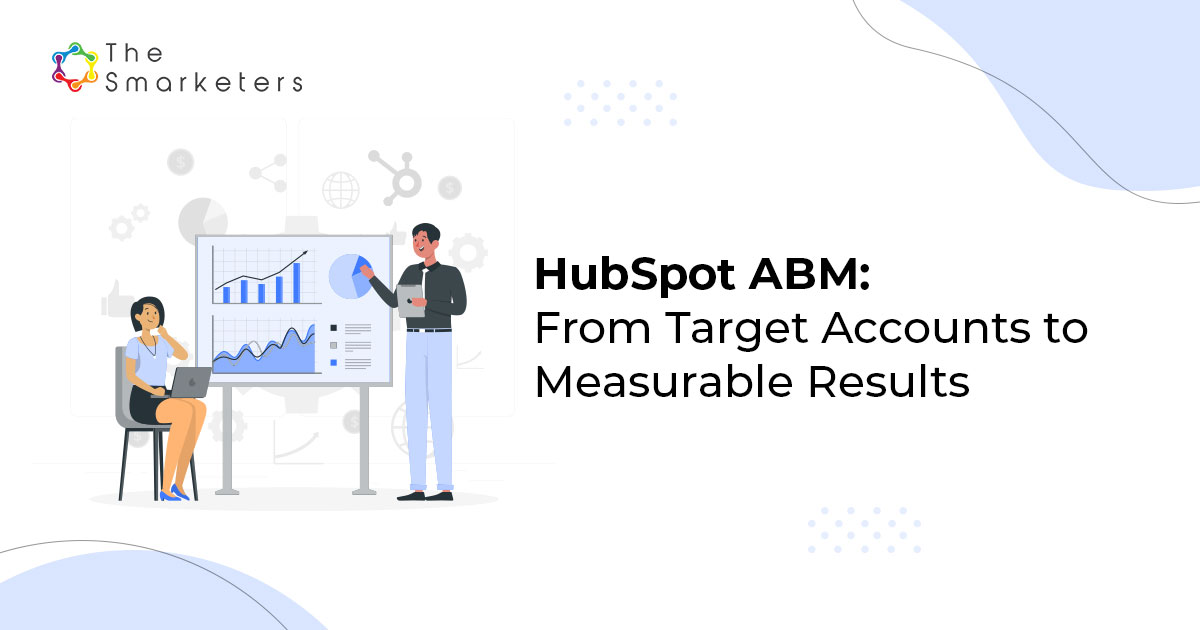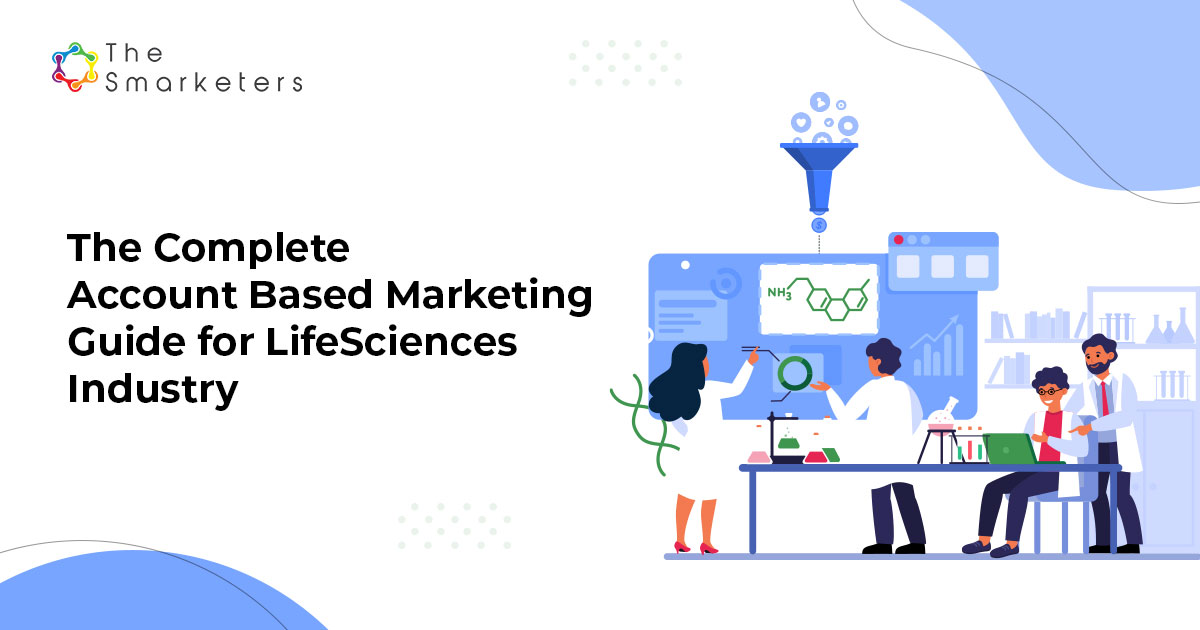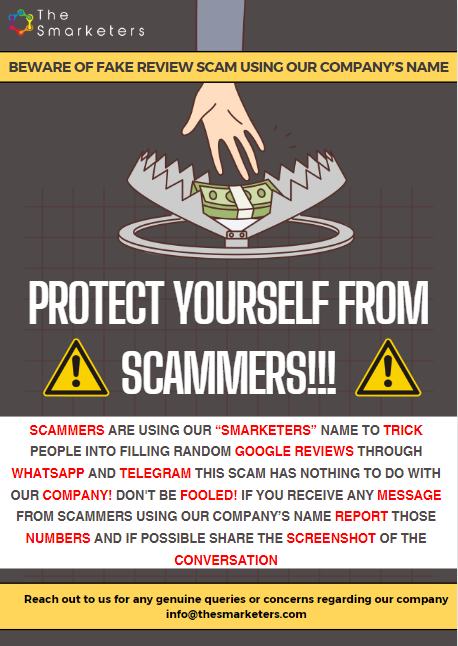Real time is a new mindset in marketing, and that is what inbound marketing is all about – David Meerman Scott
Interruptive sales approaches include telemarketing calls, direct mail, email spam, print advertising, television and radio ads, interstitial and transitional online and pre-rolls ads.
And you know what?
Your customers are fed up with these outdated and traditional approaches. In the digital era, outbound sales practices such as the ones mentioned above are losing their effectiveness rapidly.
Inbound marketing strategy is the new kid on the block!
Rather than pushing your product/service to consumers, an inbound approach focuses on educating them about a particular offering.
Inbound marketing is a type of permission-based marketing which concentrates on presenting offers and related information to people who are actively looking for the same product/service.
There are several ways to increase your leads, but the most effective way is to increase your lead capture rate.
An inbound marketing approach could also help your sales team in maximizing this rate.
So how does this methodology help your sales team in boosting their work productivity? Let’s find out…
4 Reasons why your sales team needs an inbound marketing strategy ASAP!
1. Saves Time and Money (and a lot of it)
A primary advantage of the inbound methodology is that you can easily identify your customer’s behavior and develop a precise buyer persona.
This approach saves a lot of money and time for your sales team as they can quickly eliminate all the leads which don’t match the persona.
Your sales team can easily identify the ideal prospect which enables them to focus more on the leads that require more attention, in terms of calls or in-person meetings.
2. Helps you get more Qualified Leads
Sales teams wind up losing tremendous time and effort on low-quality leads. With inbound marketing, you can improve your lead quality by running more relevant and effective campaigns.
Let’s say your sales team is using CRM to track conversions. With inbound marketing, your sales rep can record all their activities in the CRM and send it to the marketing team to review.
Your marketing team can then check all the logs and collaborate easily with the sales team for better feedback. This invaluable data enables the marketing department to learn more about the effectiveness of each campaign and improve the buyer persona in the future.
These small improvements can generate high quality leads for your sales team in the future.
Inbound methodology attracts a customer base that is truly interested in your product or service.
By offering the most valuable and relevant content to visitors, the entire process not only assists your sales team in getting better leads but also provides a huge amount of relevant content to share during the sales process.
As a result, you can build your own loyal customer base.
This method also helps amplify the reach of your content which boosts your chances of getting more qualified leads.
3. Enables Collaboration Between Sales & Marketing teams! (Smarketing!)
In most companies, sales and marketing teams tend to have a troubled relationship. There is no alignment between both teams and blame games are quite common.
Inbound marketing strategy plays cupid between both teams!
Inbound methodology increases collaboration between sales and marketing teams through a Service Level Agreement (SLA). This agreement:
- Holds both teams accountable to each other
- Measures outcomes of respective teams
- Helps in determining exactly what is going wrong if enough leads aren’t being generated.
The whole process creates a unified sales and marketing alignment or as we like to call it – Smarketing
4. Facilitates meaningful Sales Conversations:
Gone are the days when a sales rep closes a deal by blabbering a few persuasive words. Due to the information explosion on the digital platform, people refuse to accept traditional sales gimmicks.
In inbound marketing, the role of a sales rep is more of an educator than a hardcore seller. By understanding the buyer persona and buyer journey of a customer, a sales rep can have much more meaningful communication with the prospect.
By determining interest levels of a customer and establishing a plan beforehand, your sales team can close deals armed with relevant knowledge about the prospect.
Has your sales team considered going inbound?
Or have you already adopted the inbound route? How well did it work out for you?
Let us know in comments below!











